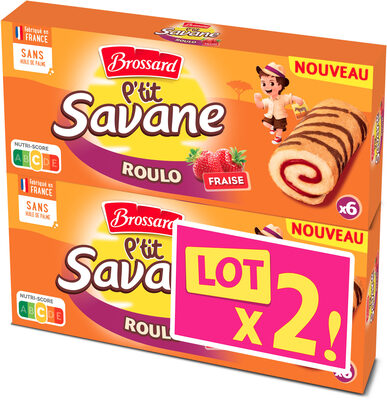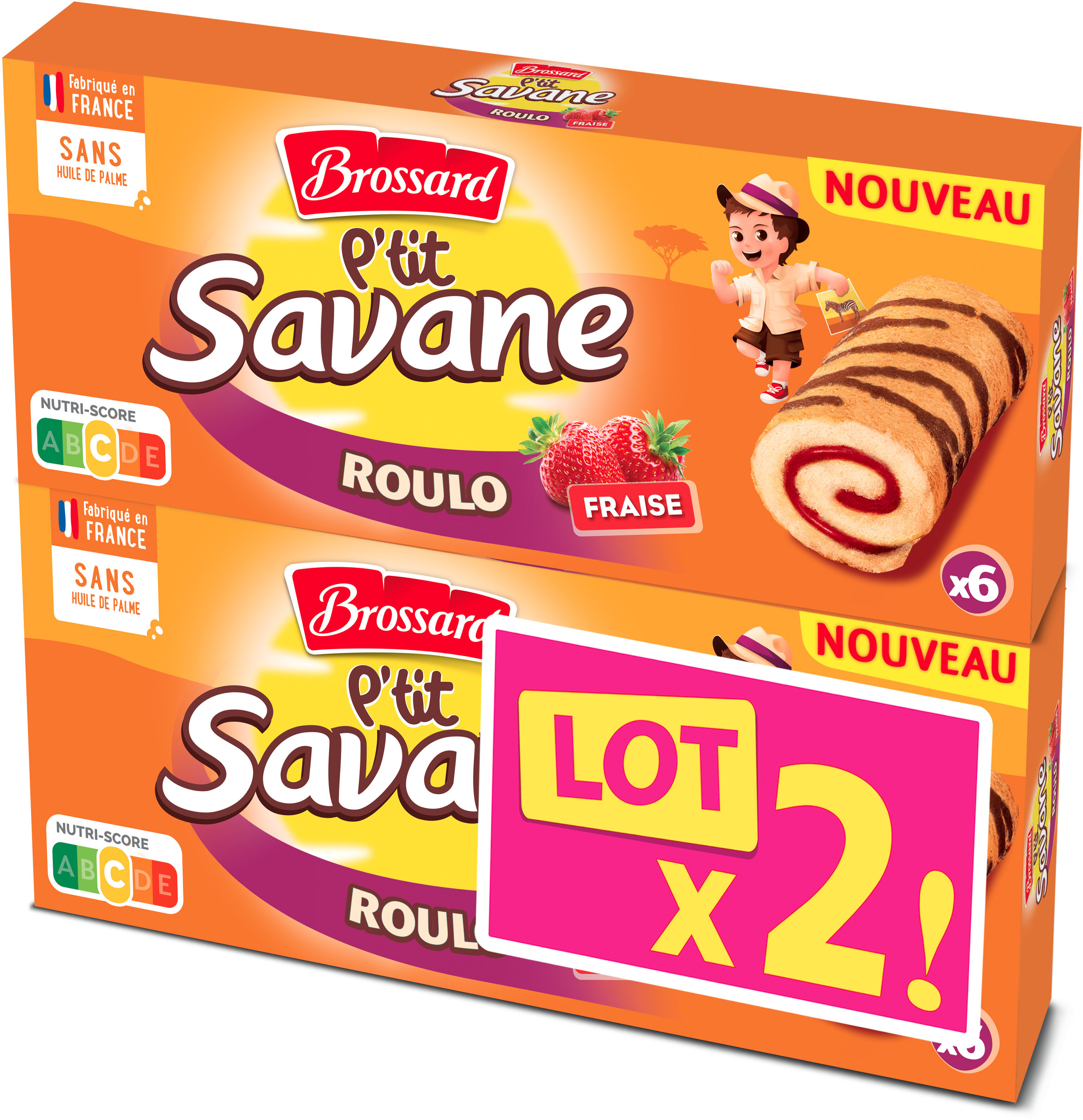Lt2 p'tit savane roulo fraise x6 150g - Brossard - 300 g
This product page is not complete. You can help to complete it by editing it and adding more data from the photos we have, or by taking more photos using the app for Android or iPhone/iPad. Thank you!
×
Some of the data for this product has been provided directly by the manufacturer JACQUET BROSSARD DISTRIBUTION.
Barcode: 3660140947053 (EAN / EAN-13)
Common name: Génoises roulées avec un fourrage à la fraise et à la pomme, aromatisé fraise
Quantity: 300 g
Brands: Brossard
Categories: Snacks, Sweet snacks, Biscuits and cakes, Cakes, Filled-sponge-cake-rolls
Labels, certifications, awards: Made in France, No palm oil, Nutriscore
Countries where sold: France
Matching with your preferences
Health
Ingredients
Food processing
Additives
Ingredients analysis
Nutrition
Environment
Packaging
Transportation
Other information
Conservation conditions: A conserver dans un endroit sec et frais.
Customer service: service conseil consommateur, Biopole - Clermont Limagne 63360 - Saint Beauzire
Report a problem
Data sources
The manufacturer JACQUET BROSSARD DISTRIBUTION uses Equadis to automatically transmit data and photos for its products.
Product added on by org-jacquet-brossard-distribution
Last edit of product page on by moon-rabbit.
Product page also edited by roboto-app, teolemon.







